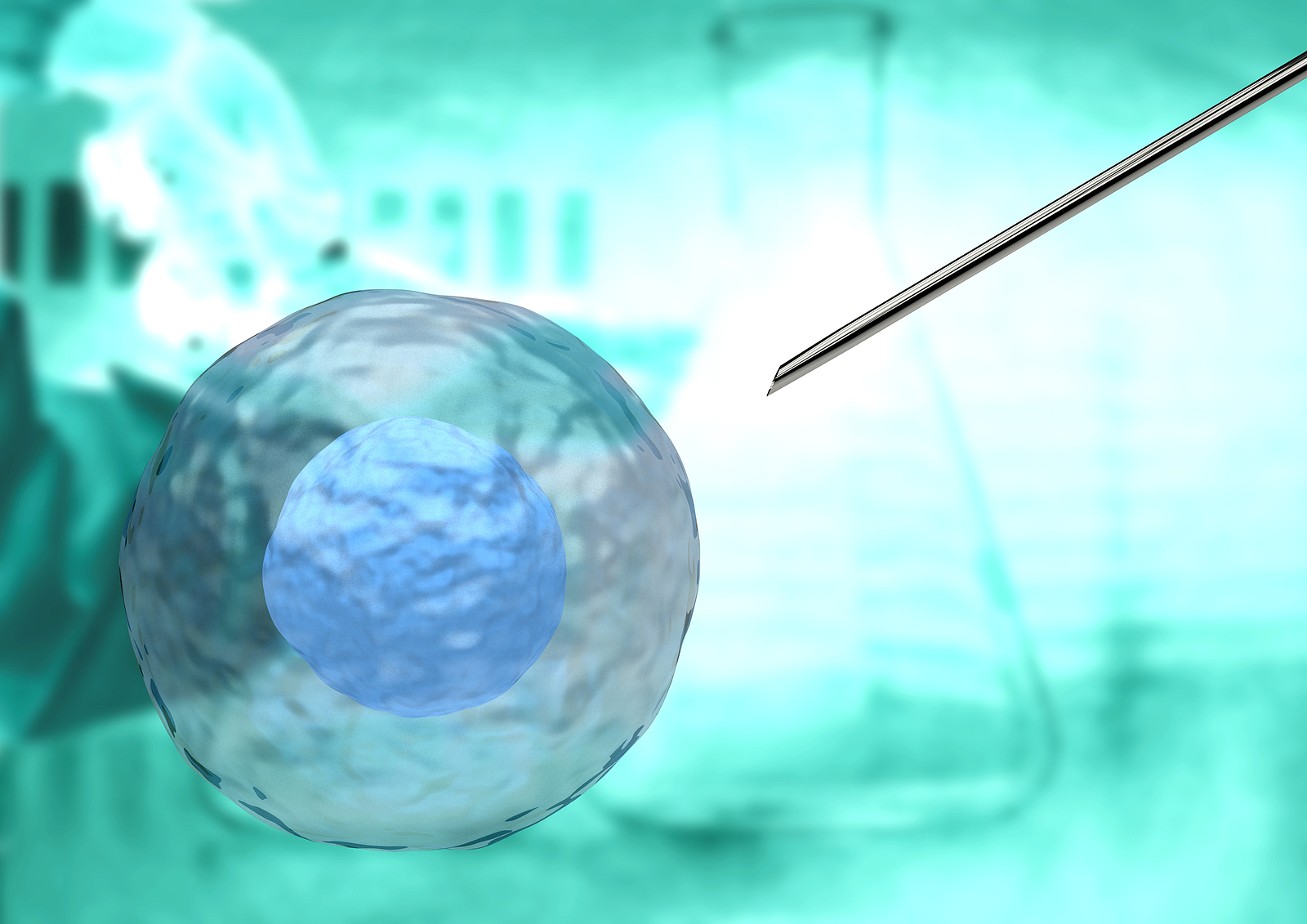
No ethical obstacles to artificial gametes, says ethicist
While the development of induced pluripotent stem cells has opened up many avenues of research into promising therapies, it has also made possible the creation of “artificial” sperm and eggs. By stimulating a simple skin cell, technicians could create gametes. This would allow same-sex couples to have genetically-related children.
Up to this point, scientists have only been successful with mice. But sooner or later, they will be able to create human gametes. Are there any ethical difficulties?
Nothing too significant, argues Kristian Galea, a bioethicist from Cambridge University, in the UK, writing in the journal Reproduction and Fertility. There are safety issues, but eventually they will be overcome – what then?
There are several ethical objections but Galea bats them away. Reproductive in vitro gametogenesis (IVG) would lead to the new varieties of parenthood: “Biological parenthood could conceivably be made accessible to the deceased; postmenopausal women; single individuals; same-sex couples; groups of more than two individuals; children, fetuses and embryos.” Each of these has to be assessed on its merits, he says. “If any one of these scenarios were found to be ethically equivalent to opposite-sex reproduction and incur no further safety concerns, their approval should, too, be permitted.”
Some people have raised ethical objections to IVG because it might create a slippery slope to reproductive cloning. However, contends Galea, slippery slopes are only bad if they lead to something unethical – and cloning is not unethical.
Finally, there is the “yuck factor”. This is hardly an objection because naturalness is not a rational argument. However, it needs to be taken into account when persuading the public to give its assent.
Galea concludes: “I conclude that there is no coherent and justifiable in-principle ethical objection to the use of IVG as an ART for those who cannot, by any other means, parent offspring with whom they share genetic material. Although both practical and safety concerns currently prevent its application in humans, the approval of reproductive IVG ought to be enacted upon their resolution.”
He suggests that the UK’s fertility authority, the HFEA, should launch a public consultation into the advisability of reproductive in vitro gametogenesis.
